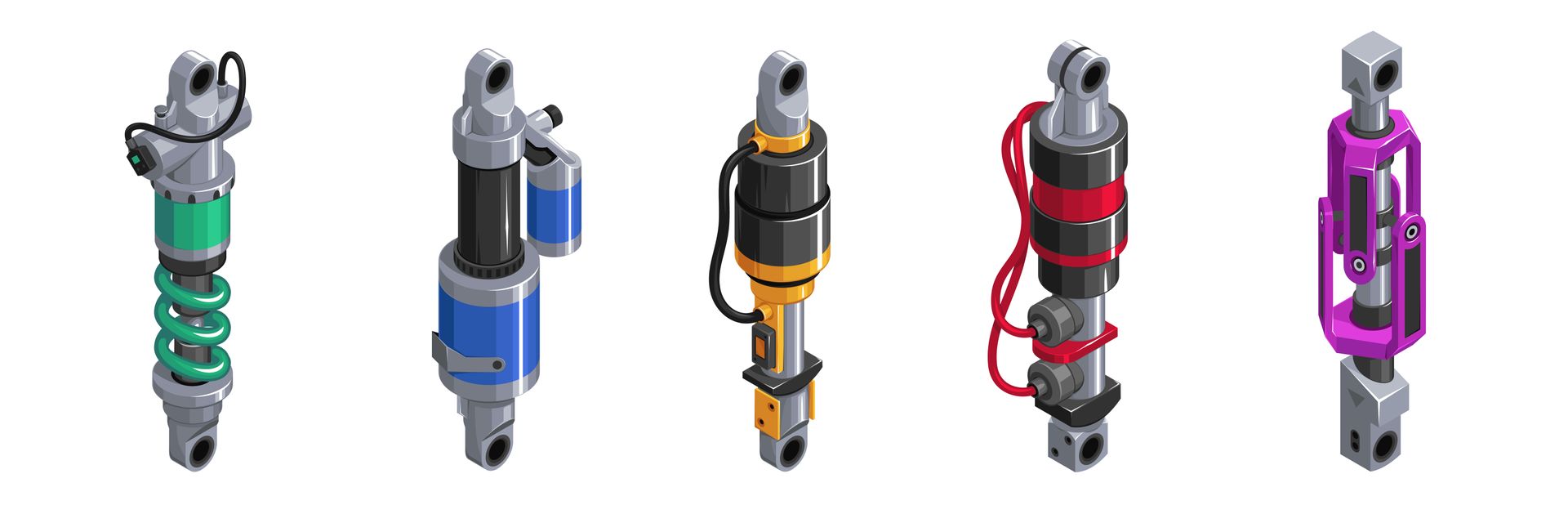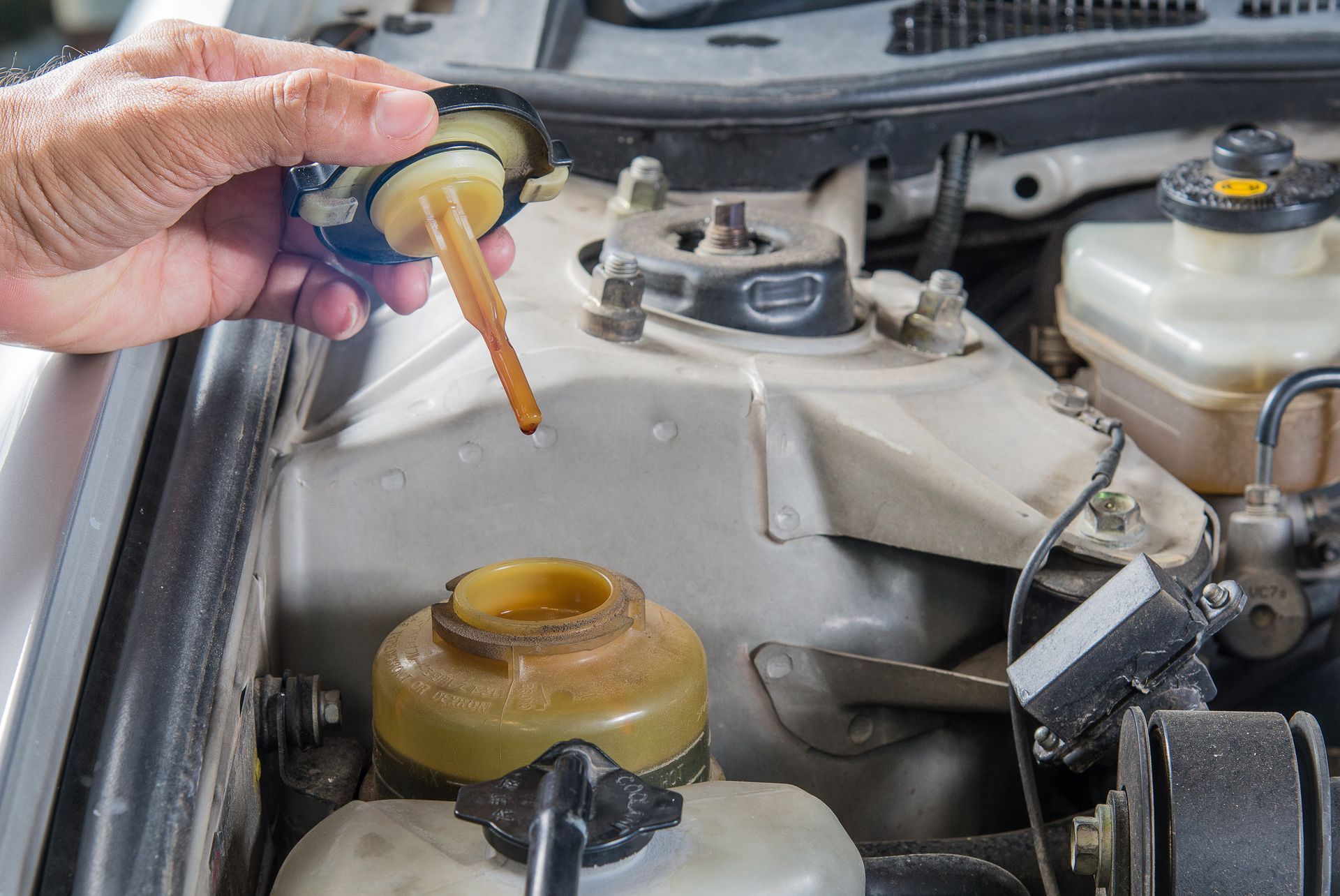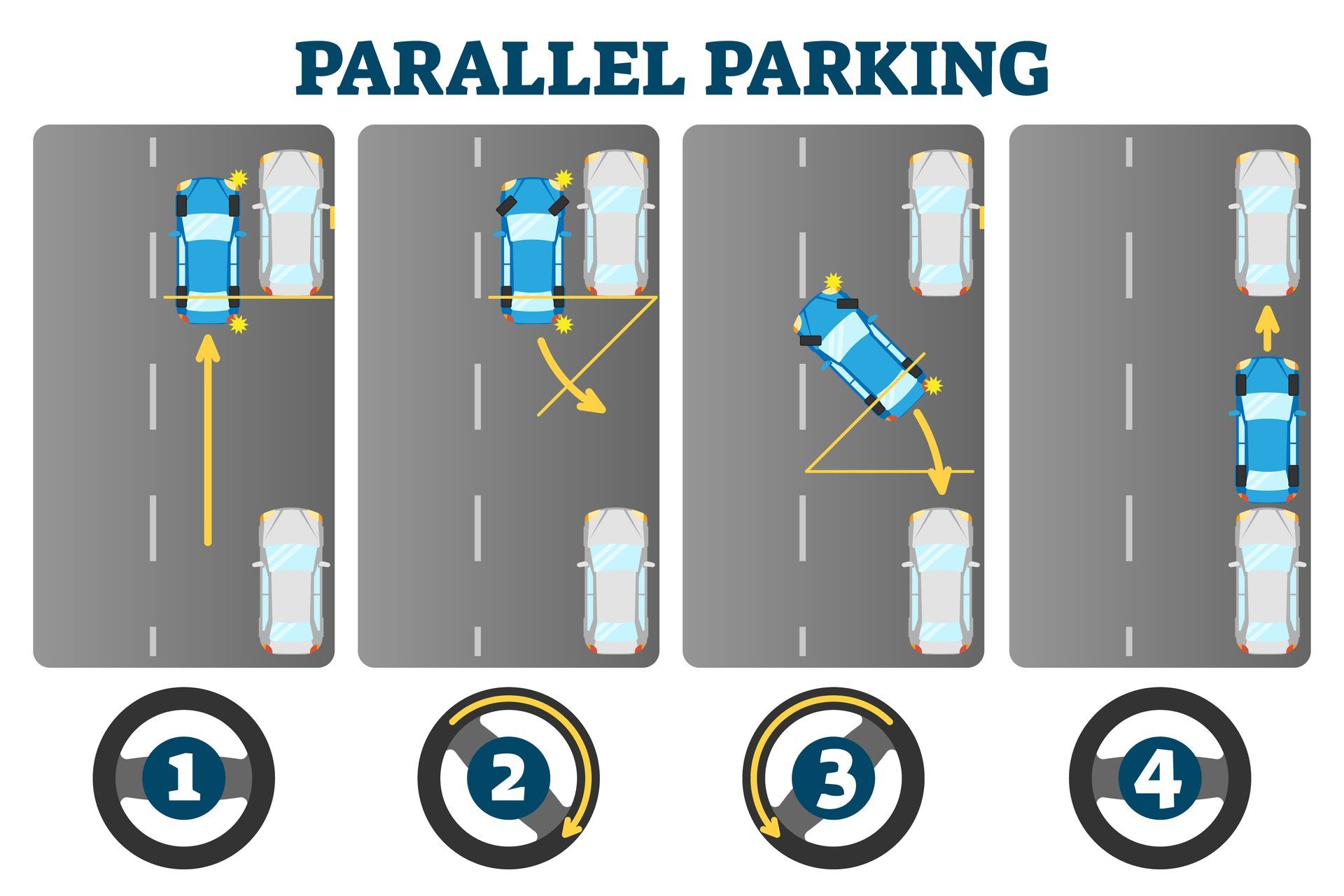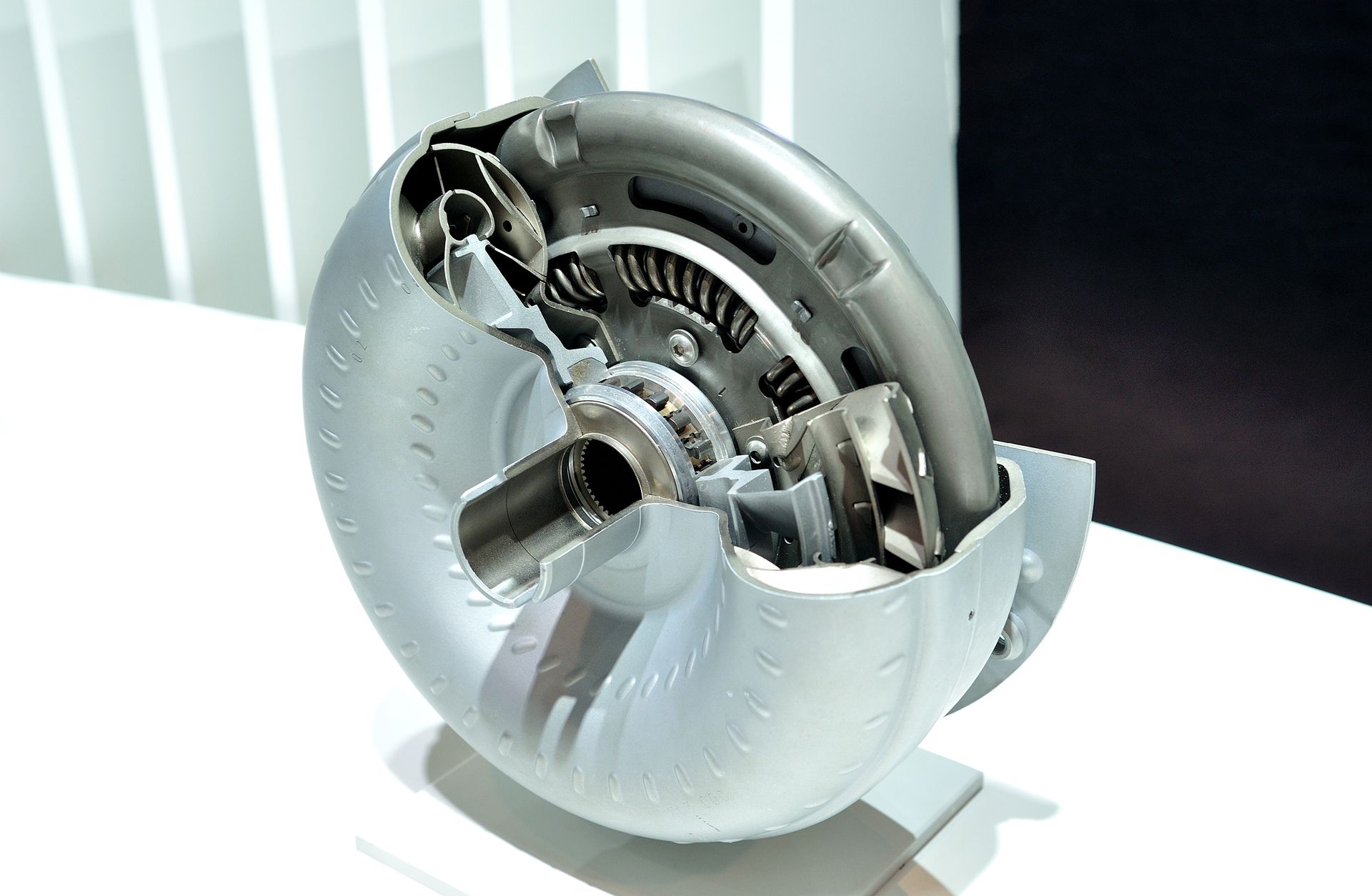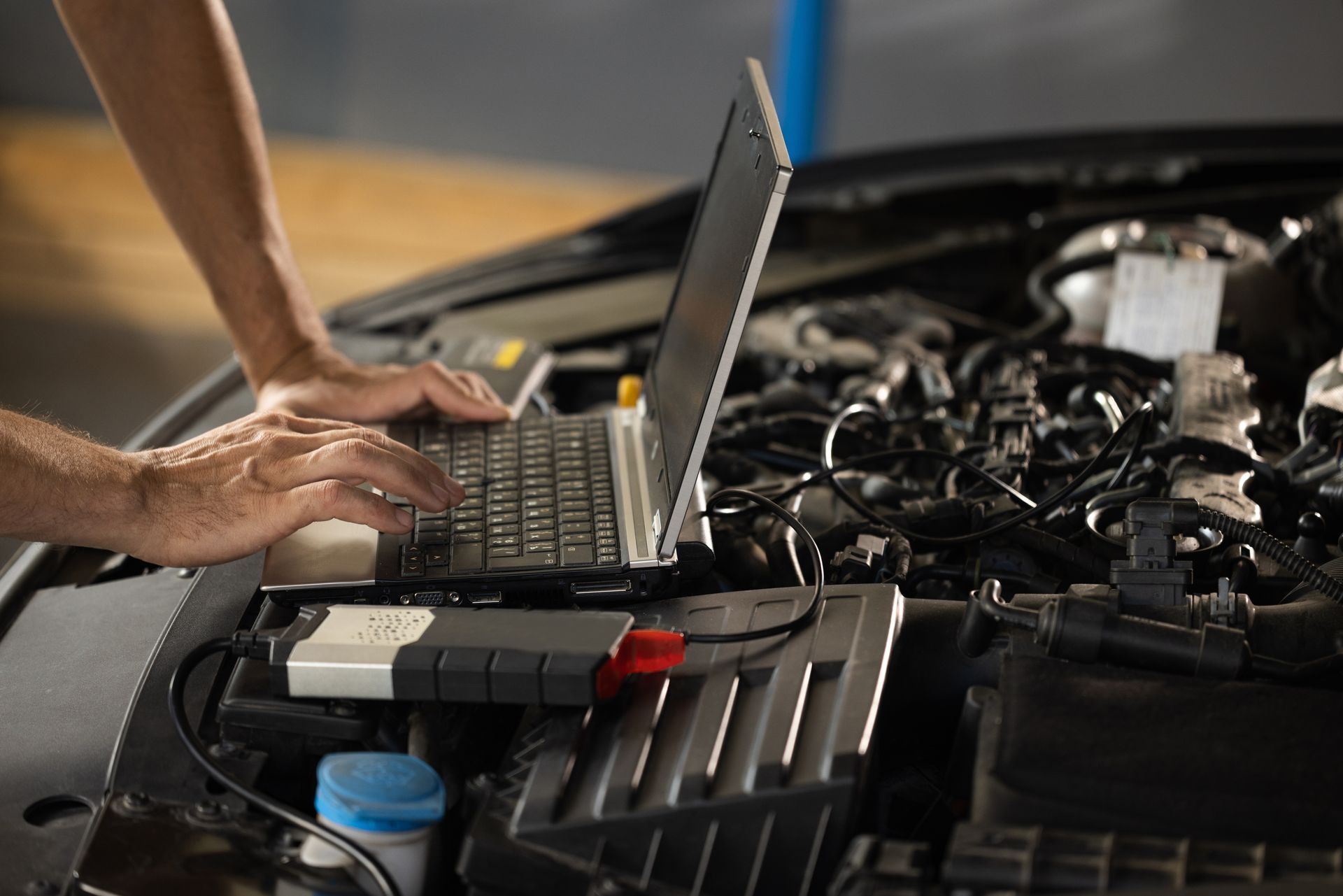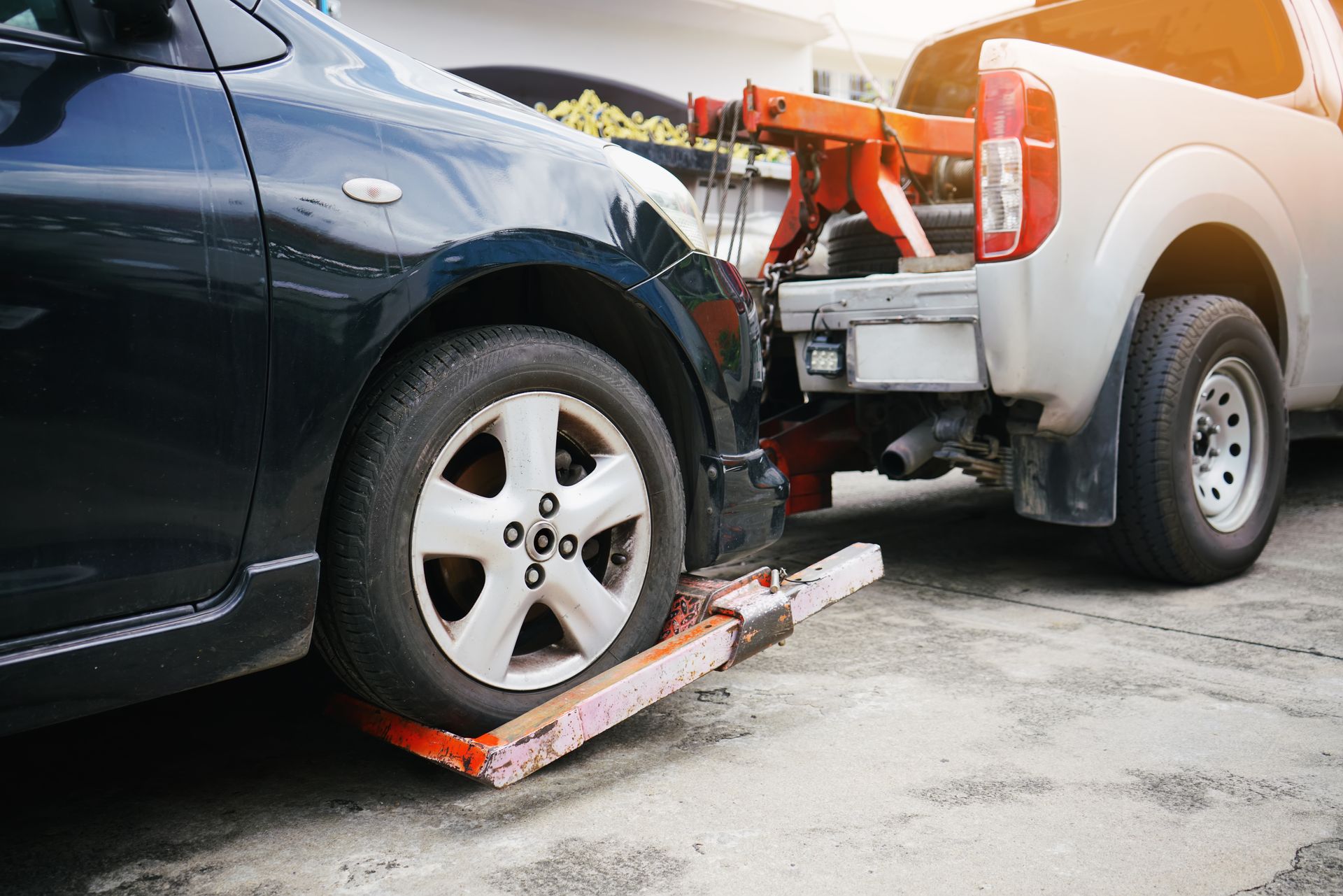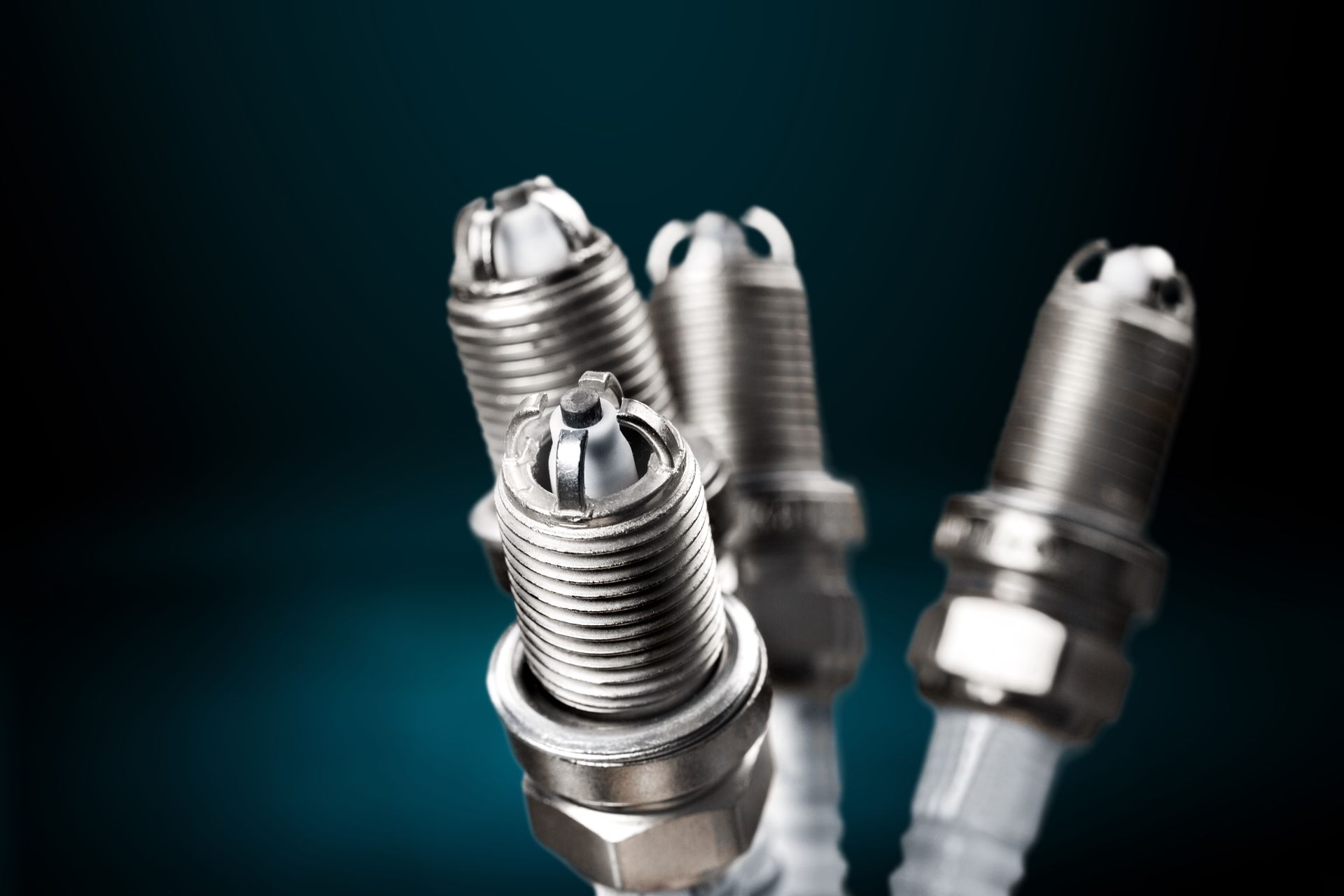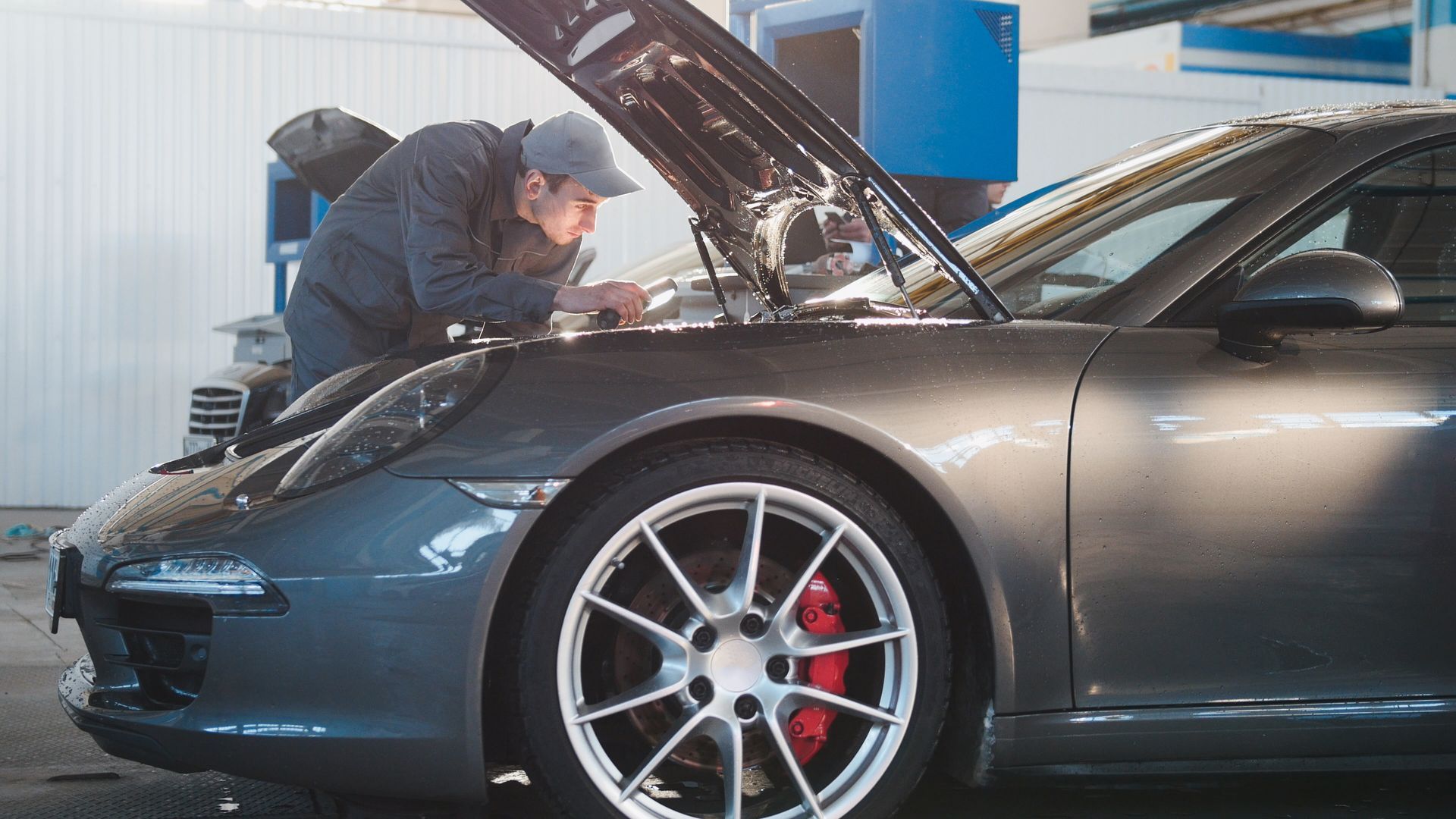Losing control of your car due to skidding can be terrifying, especially on slick or uneven roads. That’s where Anti-lock Braking Systems (ABS) come in. This safety feature helps prevent wheel lockup during hard braking, giving you better control and reducing the risk of sliding out of your lane. But how does ABS actually work, and why is it so effective at keeping you in control? Understanding the system’s role in braking can help you appreciate just how important it is in everyday driving.
What Happens When a Car Skids
A skid occurs when the tires lose traction with the road due to sudden braking, acceleration, or sharp turns. When a driver slams on the brakes in a vehicle without ABS, the wheels may lock up, causing the tires to slide across the pavement rather than grip it.
Once the tires are skidding, the driver loses control of steering, making it difficult or even impossible to avoid obstacles. This is especially dangerous on wet roads, icy conditions, or loose gravel, where traction is already compromised.
How ABS Prevents Wheel Lockup
ABS automatically modulates braking pressure to prevent the wheels from locking up during sudden or hard braking. Instead of allowing the brakes to fully clamp down and stop the wheels from spinning, ABS pulses the brakes multiple times per second, allowing the tires to regain traction while slowing the vehicle.
The system operates through three main components:
- Wheel Speed Sensors – These sensors continuously monitor each wheel’s rotation speed. If a wheel begins to slow down too quickly compared to the others, the system detects potential lockup.
- ABS Control Module – The brain of the system, which processes data from the sensors and determines when to engage ABS.
- Hydraulic Valves – These adjust the brake pressure by quickly applying and releasing force on each wheel as needed.
When ABS activates, drivers may feel a pulsing sensation in the brake pedal, which is the system rapidly engaging and disengaging the brakes to maintain control.
ABS in Action: Real-World Scenarios
ABS is particularly useful in emergency braking situations. Imagine a driver is approaching an unexpected traffic stop and suddenly slams on the brakes. In a car without ABS, the wheels might lock up, causing the vehicle to skid straight ahead with no ability to steer around an obstacle.
With ABS, the system keeps the wheels rotating while slowing the car down, allowing the driver to maintain directional control and avoid hazards. This makes ABS especially effective in:
- Wet or icy roads, where traction is reduced.
- Sudden stops on highways, helping prevent rear-end collisions.
- Panic braking situations, allowing drivers to steer away from danger while stopping.
ABS Reduces the Stopping Distance
Many people assume that ABS shortens stopping distances, but this depends on the road surface. On dry pavement, a skilled driver might be able to stop just as quickly in a vehicle without ABS. However, on wet, snowy, or gravel roads, ABS does reduce stopping distances by preventing skidding and keeping the tires in contact with the road.
Regardless of stopping distance, the biggest advantage of ABS is maintaining steering control while braking, which can prevent accidents.
Common ABS Misconceptions
Some drivers mistakenly believe ABS allows them to brake harder or stop instantly. However, ABS is not a replacement for safe driving practices. Drivers should still:
- Keep a safe following distance to allow for proper braking time.
- Avoid slamming the brakes unnecessarily, as ABS works best in genuine emergencies.
- Check their ABS system regularly, as faulty sensors or hydraulic components can cause the system to fail.
How to Know If Your ABS Needs Attention
If your ABS warning light stays on, it indicates a problem with the system. A failed sensor, low brake fluid, or malfunctioning ABS module could prevent the system from working when needed.
Other signs that ABS might need servicing include:
- A soft or unresponsive brake pedal
- The ABS engaging at low speeds without reason
- Unusual noises or vibrations when braking
Trust International Sport Motors for ABS Repairs and Maintenance
Your brakes should always be ready when you need them, and ABS is a key part of keeping you in control during sudden stops. If your ABS light is on or your braking feels off, don’t take chances—bring your car in for a professional inspection. We’ll diagnose the issue, make necessary repairs, and get you back on the road with confidence.
Your brakes should always be reliable. Stop by
International Sport Motors for
professional ABS maintenance and repairs today!

